A matter of character.
As Ulysses S. Grant, the reluctant eighteenth US president, later told it, he “was never so happy in my life as the day I left the White House. I felt like a boy getting out of school."
Grant handed the presidency to Rutherford B. Hayes in March 1877, and in May, with neither an estate nor business to return to, Grant embarked on a world tour with his wife and son.
It was an idea which had long intrigued him, and the journey started out as a personal affair.
But the people of Europe had read of his military campaigns in the Civil War.
They viewed Grant as the man who had saved his country and they welcomed him as a world statesman.
It was a remarkable journey.
Grant seemed to go everywhere and see everything.
— An overnight visit with Queen Victoria at Windsor Castle.
— A climb up Mount Vesuvius.
— A discussion of Native Americans with the Russian Czar.
— A month in Paris studying artworks in the Louvre.
— A trip up the Nile to see the Egyptian pyramids.
— An elephant ride in India.
— A visit to the harem of the king of Siam, whose women, Grant said, led ‘desolate’ lives.
— A trip inland in China to see the Great Wall, followed by three months in the Japanese emperor’s summer palace.
Then, after two-and-one-half years, the voyage home and a triumphant arrival in the San Francisco harbor to the cheers of thousands in small vessels and crowding the piers to see him.
Grant would spend the next two months traveling across the US, visiting Yosemite Valley, Fort Vancouver, in Washington State, where he had been stationed as a young army officer, the silver mines of Nevada, Mississippi, Louisiana, a Chicago veterans’ reunion where he would meet and befriend Mark Twain, and finally, a meeting in Philadelphia with President Hayes.
While Grant had described himself ‘more as a farmer than a soldier,’ the world viewed the previous US president as a man of character who had defeated slavery and insurrection and upheld the founding principles of his nation.
The character of America’s leaders shapes the world’s view of our nation.
And character has always mattered.
******************************
I’ll see you tomorrow.
— Brenda



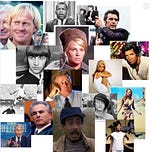

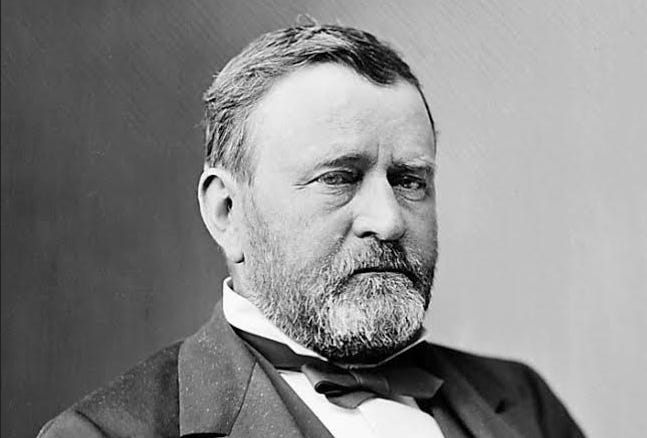


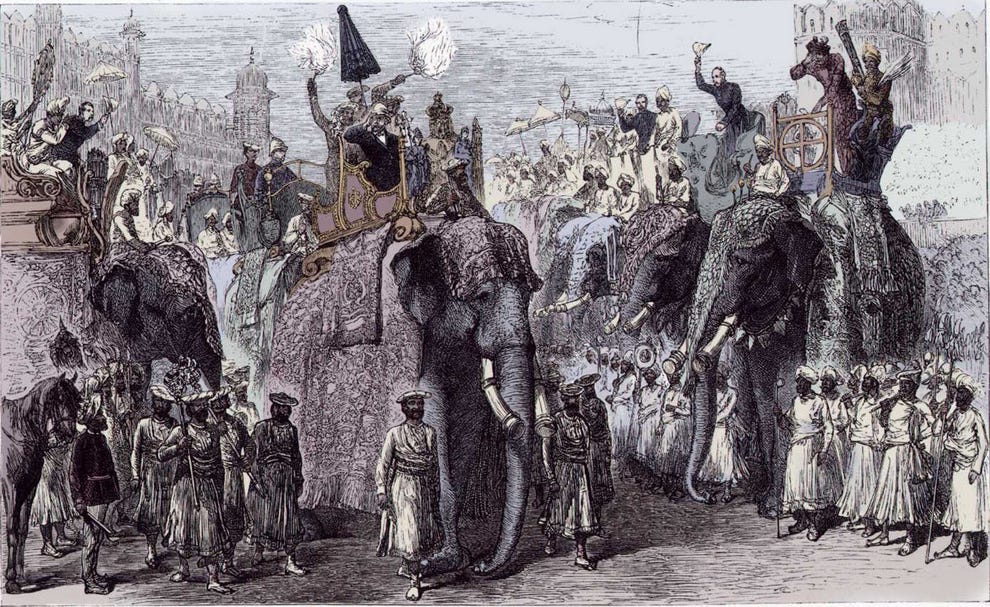
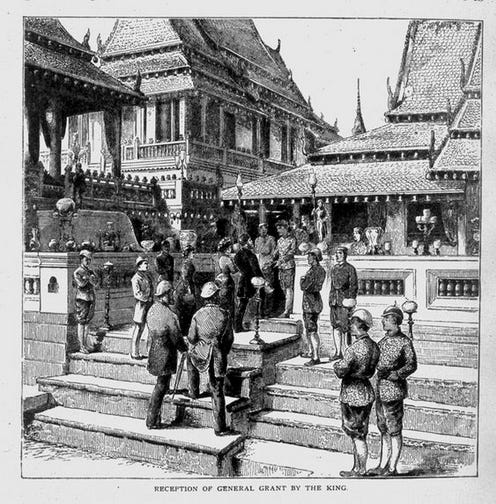
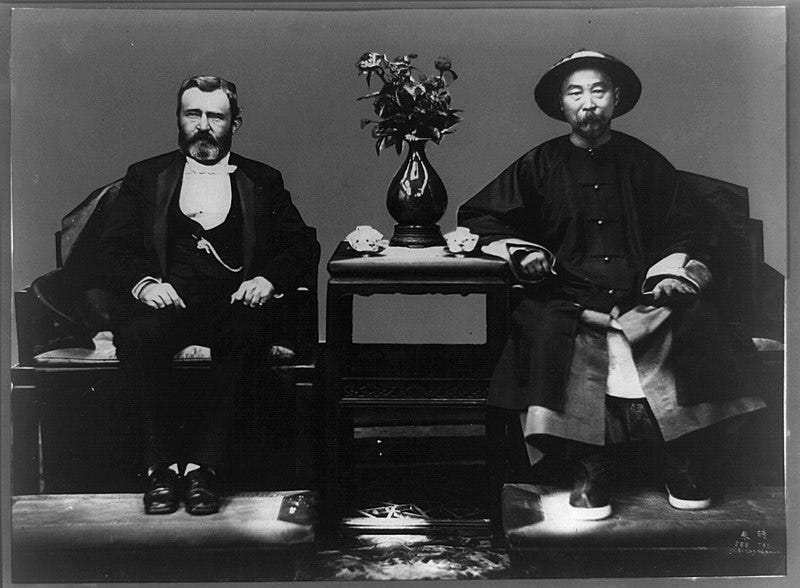
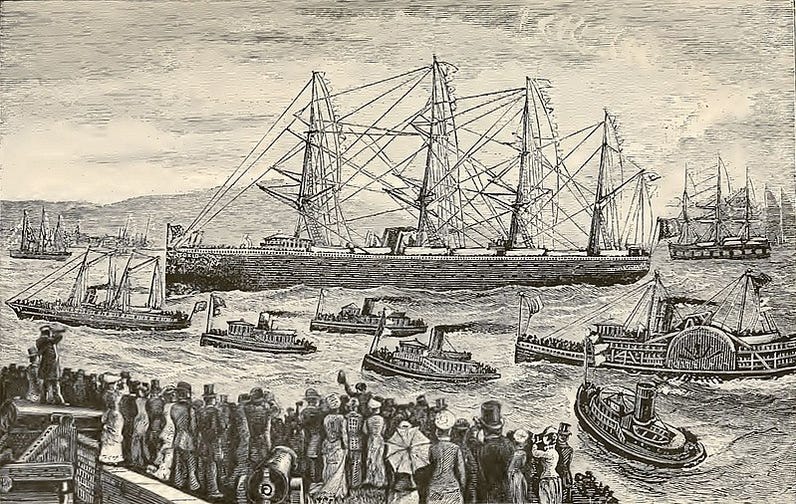
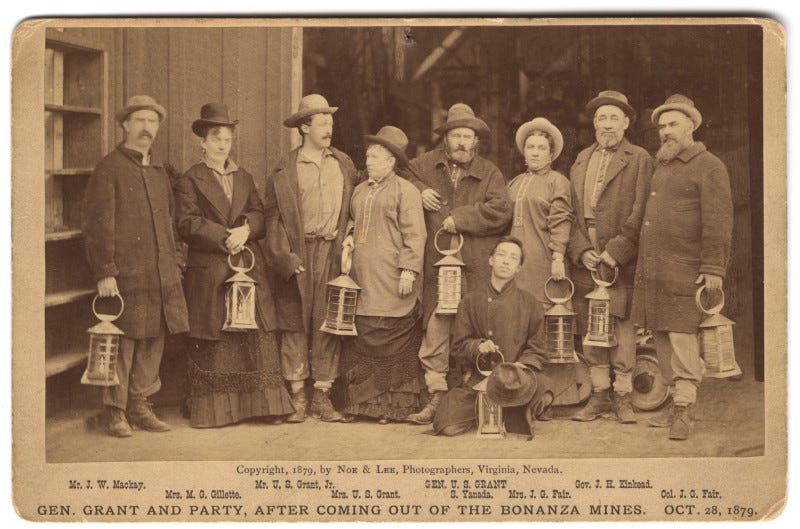
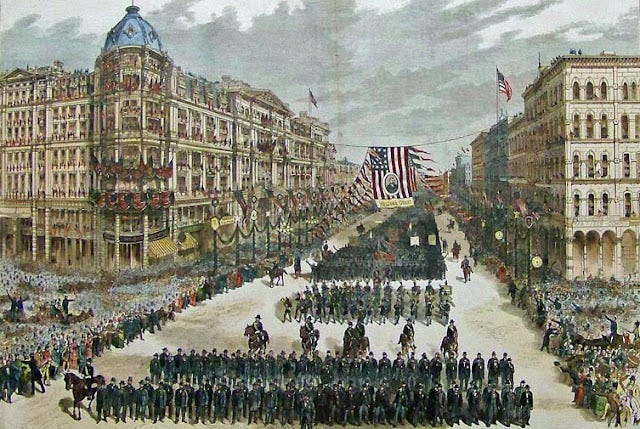
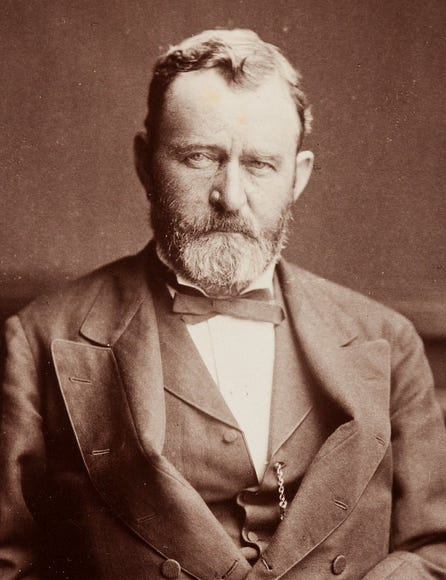









Share this post